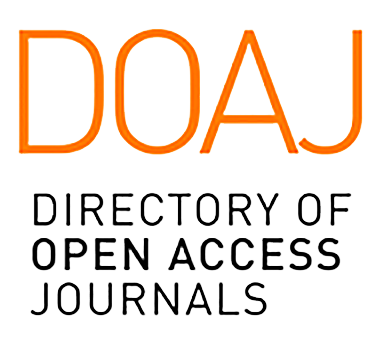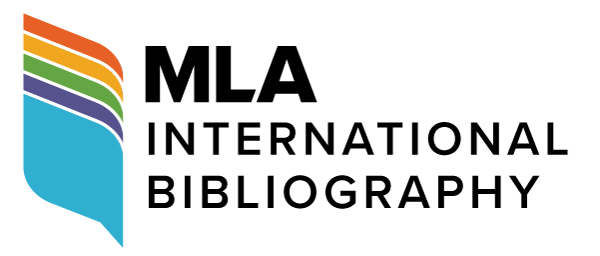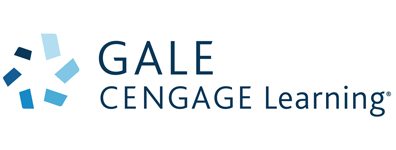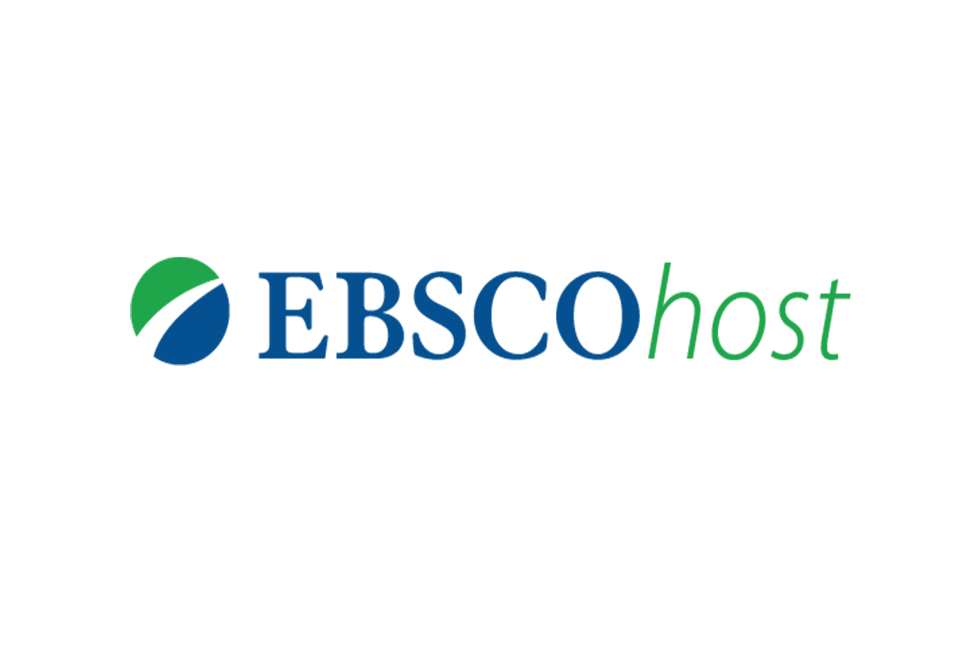2790-9441






MLA International Bibliography
MLA Directory of Periodicals
ProQuest
CrossRef
Google Scholar
Gale-Cengage
ROAD
Md Kamal Hossain
The University of Texas at El Paso, USA
Md. Abdullah Al Younus
Feni University, Bangladesh
Abstract
Artificial Intelligence (AI) tools, especially ChatGPT have brought about a new dimension in the education industry. This study investigated teachers’ perspectives on the integration of ChatGPT into English as a Foreign Language (EFL) writing instruction, focusing on its perceived benefits, challenges, and pedagogical frameworks that facilitate effective implementation. Utilizing a phenomenological method, data were collected through interviews with EFL educators, revealing a generally positive reception of ChatGPT as a supplemental tool that enhances student engagement and writing proficiency. Educators highlighted the tool’s capacity to provide immediate feedback, generate content ideas, and assist in organizing thoughts, collectively contributing to improved writing skills. However, concerns regarding overreliance on AI, its potential impact on academic integrity, and the preservation of foundational writing skills have emerged as significant challenges. The findings underscore the necessity for structured pedagogical strategies that encourage the critical evaluation of AI-generated content, fostering independent thinking and creativity among students. Furthermore, this study emphasizes the importance of professional development for educators to navigate the complexities of AI integration in the classroom effectively. By adopting a balanced approach that harmonizes the advantages of AI with essential skill-building in writing, educators can maximize the benefits of ChatGPT while mitigating its drawbacks. This research contributes to the growing discourse on AI in education by offering insights that can inform future practices and policies in EFL writing instruction.
Keywords
Effectiveness of ChatGPT, EFL writing instruction, teacher perspectives, critical thinking, student engagement